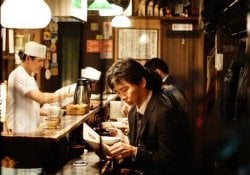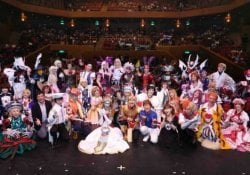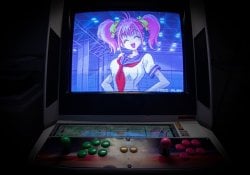Do you know what Sensei means? Many people say that the Japanese word means master, mentor, instructor or teacher, but is it really? In this article, we will make an in-depth study of the word sensei with its essence and usage in Japanese culture.
Does Sensei only refer to teachers? Are there other ways to call a teacher in Japanese? What does it mean to be a Sensei? In this article we will answer these and other questions.
Sensei - An Honorific of Treatment
The word sensei [先生] is nothing more than an honorific of address (sonkeigo) used as a suffix after names. Its use is also very common just as a nickname, without the need to use it after the name as an honorific. That is, we can simply call our teachers and mentors sensei.
This honorific is used with teachers, doctors, masters, and anyone a level above who is teaching you a certain thing. Not to be confused with the senpai and kouhai honorifics. However, sensei does not literally mean teacher or master, there are their differences and ways of use that we will analyze in this article.
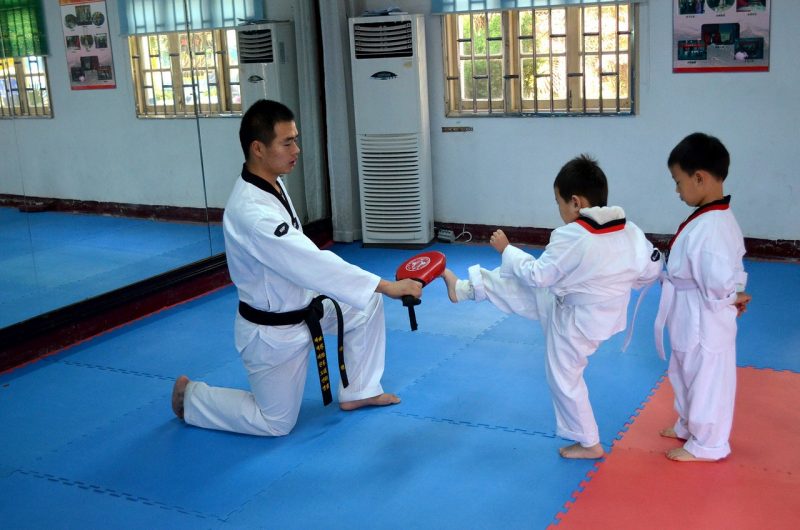
Sensei can also be used to refer to clergy, accountants, artists, musicians, novelists, or anyone with expertise in a certain field whom you respect as if they were your master or tutor. It is a very broad word that needs to be thoroughly studied in this article.
Sensei are people who have achieved some degree of mastery or success in a skill or field.
What does Sensei literally mean?
The word "sen-sei" [先生] derives from the ideograms "sen" [先] which means before and "sei" [生] which means birth and life. That is, the word literally means one who was born before. This indicates that calling someone a sensei is recognizing the person's expertise in a certain area.

Just like Senpai, a person cannot call himself a sensei, that title needs to be earned. That's why there are other Japanese words that mean teacher, master, and the like. A sensei is not just a mentor, but one who has unusual wisdom, authority and knowledge respected by many.
A sensei can be a teacher, doctor, lawyer, writer, politician, master who teaches martial arts, there is an equivalent in Chinese [先生] which literally meant teacher in ancient times. The pronunciation was also derived from Chinese (on yomi).
Perhaps someone wants to know if there is a kouhai (freshman) equivalent for the word sen-sei. In Japanese, we can use the word seito [生徒] which means student and pupil, in any area, whether in school or in martial arts. Like kouhai, it is not often used as an honorific or designated title (nickname).
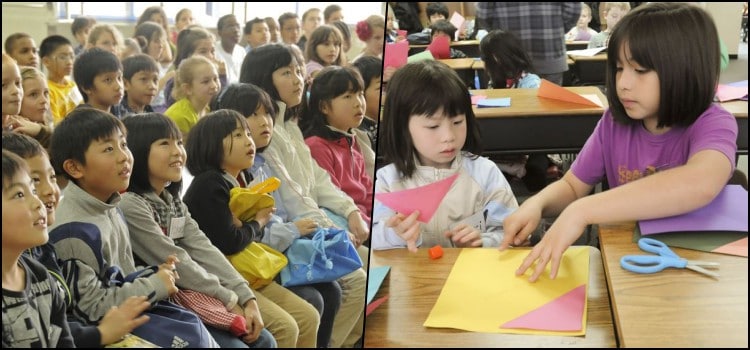
Sensei is an honorific and therefore does not apply to itself.
What does it mean to be sensei?
We know the meaning of the word Sensei, but we still don't fully understand its essence and the meaning of being a Sensei. A master cannot consider himself a sensei, but many aspire to win that title. Something easy for a teacher in one classroom, but difficult for a mentor teaching in other areas.
In martial arts the meaning of being a sensei is very questioned, as many who seek to go up and have their own dojo end up facing this question. They realize that you are not just a teacher or tutor, but a community leader, someone who leads the class and helps keep the dojo active.

Especially someone who is in the martial arts business, needs to take it as a lifestyle and not simply a teaching job. It's one of the reasons most teachers are respected in Japan, being sensei and leading people's teaching is one of the most powerful professions in Japan.
There are some criteria to be respected and called by the honorific, such as:
- Instill and develop trust;
- Be honest and transparent;
- Be ethical in every way and business;
- To be a model for moral, ethical and legal conduct;
- Be polite, courteous, calm and not mind teasing;
- Be grateful for all things;
- He needs to be loved by his students;
The article is still halfway through, but we recommend also reading:
What is the difference between master and sensei?
Many people think that sensei is a master of Japanese. But just as there is a difference between master and teacher, there is a difference between sensei and other Japanese words.
If you are just a mentor who takes care of the students and maintains a close relationship with them, you will hardly receive the sensei title in the right way. Unless you're just a teacher in a classroom where kids are already used to using this honorific.
Classroom teachers in Japan can also be called kyoushi. Here are some alternatives to the word sensei in Japanese.
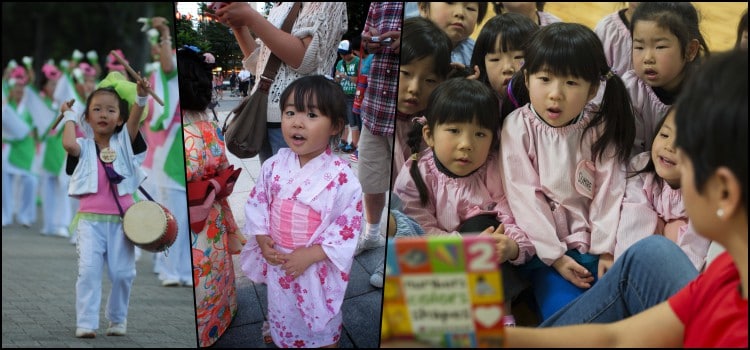
Care and alternatives to sensei
Some use the word shishou to call someone a master or teacher, the difference being that shishou [師匠] refers to a skilled person, someone talented, qualified or educated. It could be a trainer or an artist, as the characters literally mean that the person is an expert in some craft (kabuki, tea ceremony, carpenter, craftsman).
Another very common word is kyoushi [教師] which literally means a teacher in the classroom, and refers to a profession, as opposed to an honorific title. Another more comprehensive alternative is kyoushu [教授] used as a noun for teacher, instructor and mentor covering other areas outside the classroom.
Shihan [師範] also means teacher, instructor and model. It is used as an honorific in martial arts when one reaches, for example, sixth dan in judo. It can sometimes refer to a leader of an organization as in Aikido. Or we can also use “shuseki shihan” which means main mentor.

Although sensei is a respectful address, it is more used in colloquial and mundane contexts, unlike the other words that are usually more formal and used in legal speeches. Below we will leave some words and alternatives that also mean master, teacher, etc.
| master, specialist | 名人 | meijin |
| Master (from English) | マスター | masutaa |
| Teacher, instructor, College | 教員 | kyouin |
| Grand Master | 大先生 | daisensei |
| former-teacher | 恩師 | onshi |
I hope these words were enough to clarify your doubts regarding the word Sensei which means master, mentor and teacher. If you have any questions or suggestions, leave them in the comments. Thank you for reading and sharing. To the next!? Live long and prosper!

